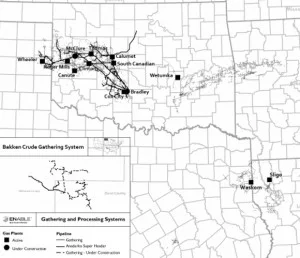Data is beginning to surface on the U.S. economic growth for the first quarter of 2015 and its not looking good.
Marketwatch reports that the gross domestic product expanded by only 0.2% annual pace, well below what was forecasted. Gains over the prior three quarters were 2.2%, 5% and 4.6% respectively.
Related: Low Crude Prices Not Good for All
Much of the blame is being placed on the downturn in the energy industry. The 50% plunge in crude prices in 2014 initiated a domino effect through the economy. U.S. energy producers have been forced to slashed investment and have cut at least 30,000 jobs since January, according to the Commerce Department and it is estimated that the reduction in energy-related spending may have shaved 0.6% percentage points off of U.S. growth.
Many had predicted that the low oil prices would actually spark economic growth as consumers found more disposable from lower gasoline prices.
“Scott Hoyt, director of consumer economics at Moody’s Analytics shared an optimistic with Marketwatch, saying that “Energy-related investment and jobs are falling rapidly. However, these cuts will soon begin to fade, and the benefit to consumers from the lower oil prices will grow,”





